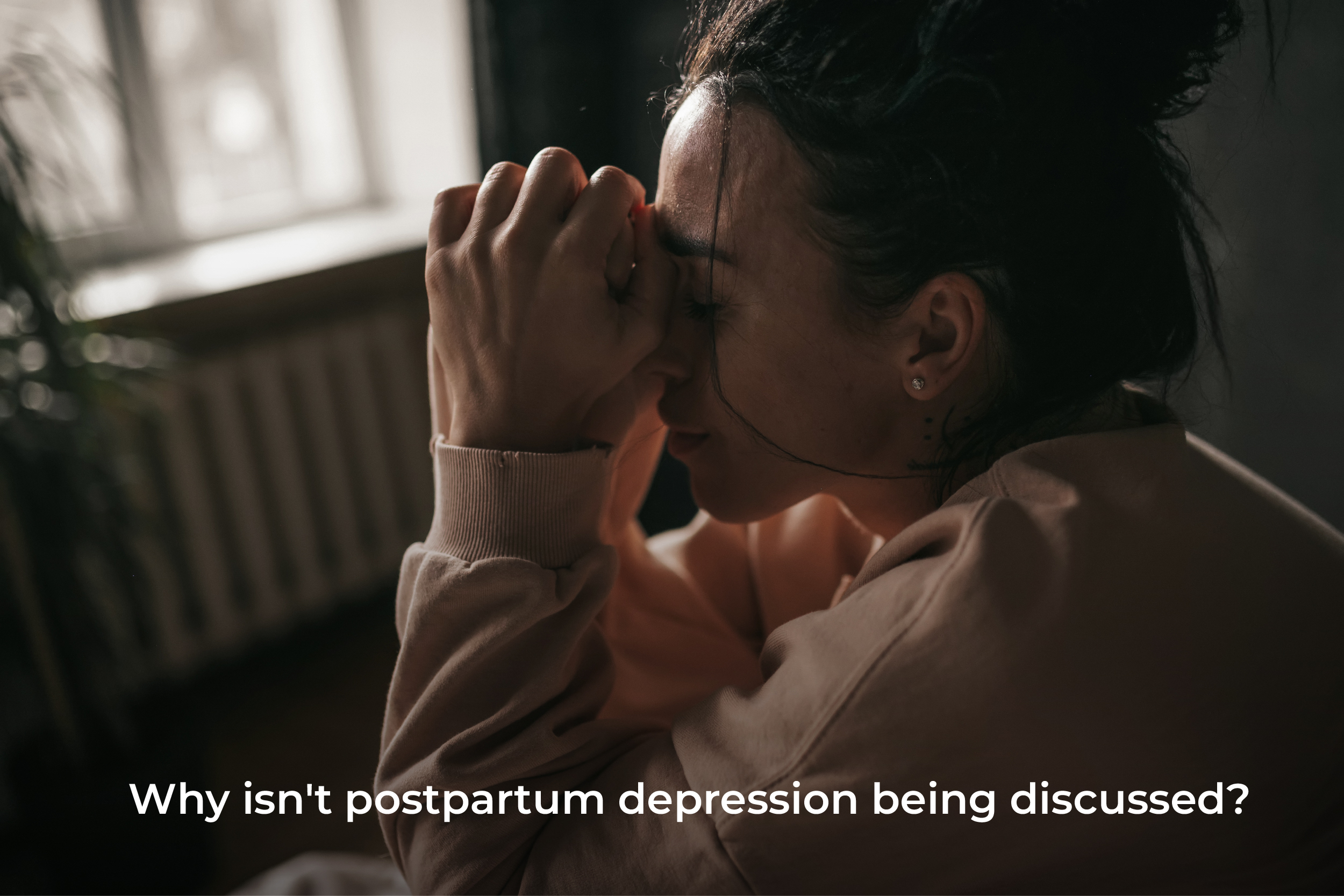Postpartum depression (PPD) is a significant mood disorder impacting new mothers and fathers, often overlooked in healthcare. Many women avoid seeking help for postpartum depression (PPD) because they feel embarrassed, ashamed, or guilty about being depressed when they are expected to feel happy. They might also fear being judged as bad mothers or worry that revealing their symptoms will result in abandonment and lack of support. When undiagnosed, PPD can negatively affect the mother-infant relationship and cause long-term emotional issues for the child.
Childbirth is a challenging and Postpartum depression (PPD) affects about 1 in 7 women.hausting process. A woman undergoes significant hormonal, physical, emotional, and psychological changes throughout pregnancy. The mother’s familial and interpersonal world also undergoes substantial shifts. After giving birth, a mother may experience a range of emotions from joy and happiness to sadness and bouts of crying. These feelings of sadness and tearfulness, known as the “baby blues,” typically lessen within the first two weeks after delivery.
Approximately 1 in 7 women develop postpartum depression (PPD). While those experiencing baby blues typically recover quickly, PPD is more prolonged and severely impacts a woman’s ability to function normally. PPD affects not only the mother but also her relationship with her infant, compromising maternal brain response and behavior. According to Beck in 2006, up to half of PPD cases in new mothers go undiagnosed due to concerns about privacy and reluctance to disclose their feelings to close family members. Additionally, there is a stigma surrounding new mothers, with fears that disclosing their condition may lead to abandonment and a lack of support.
During the evaluation, it is crucial to include a history of drug and alcohol use, smoking habits, and all prescription and over-the-counter medications. Screening for PPD can be conducted 2 to 6 months after childbirth using various tools, with the Edinburgh Postnatal Depression Scale being one of the most commonly used. This 10-item questionnaire, completed by patients, takes only a few minutes. An Edinburgh Postnatal Depression Scale score of 13 or higher indicates a risk for developing PPD, serving as a basis for further clinical tests. The objectives of the clinical evaluation are to establish a diagnosis, assess the risks of suicide and homicide (typically infanticide in this context), and rule out other psychiatric conditions.


